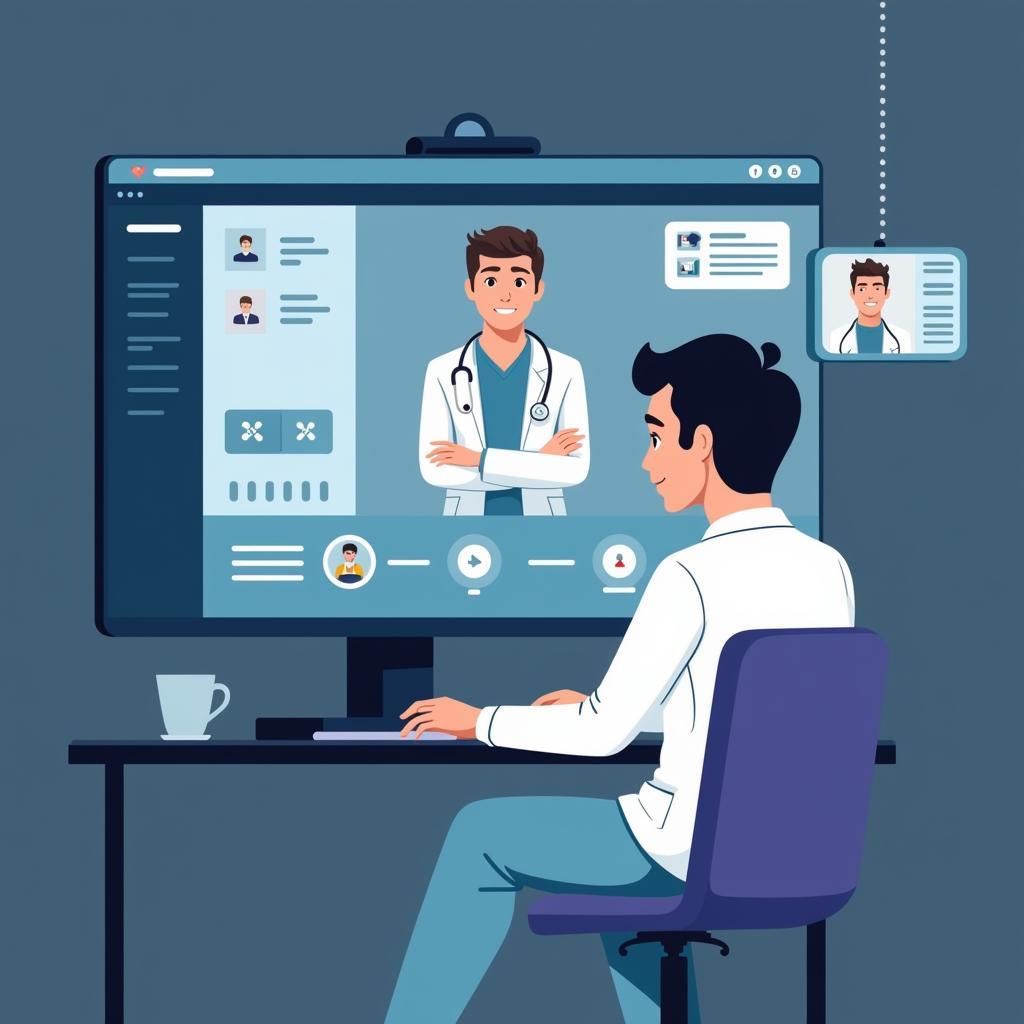The healthcare industry is complex, and it is constantly evolving. It faces a number of challenges, such as rising costs, increasing demand for services, and an aging population. To address these challenges, many experts are looking to systems engineering for solutions.
Systems engineering is a discipline that focuses on the design, development, and implementation of complex systems. It is a holistic approach that takes into account all aspects of a system, from its initial conception to its final deployment. In the context of healthcare, systems engineering can be used to improve the efficiency and effectiveness of healthcare delivery, as well as to reduce costs.
What is Systems Engineering?
Systems engineering is a multidisciplinary approach to the design, development, implementation, and operation of complex systems. It is a holistic approach that takes into account all aspects of a system, from its initial conception to its final deployment. Systems engineers use a variety of tools and techniques to understand and manage the complexity of systems.
These tools include:
- Modeling and simulation: Systems engineers use modeling and simulation to create virtual representations of systems. These models can be used to test different design options and to predict how a system will behave in the real world.
- Requirements analysis: Systems engineers work with stakeholders to identify the requirements for a system. These requirements can be functional, non-functional, or both.
- System architecture design: Systems engineers develop the architecture for a system, which defines the overall structure and organization of the system.
- System integration and testing: Systems engineers oversee the integration of different components of a system and conduct tests to ensure that the system meets its requirements.
- System deployment and maintenance: Systems engineers work to deploy and maintain systems in the field.
 Healthcare system model
Healthcare system model
How Can Systems Engineering Help Fix Healthcare?
Systems engineering can help to fix healthcare in a number of ways. For example, it can be used to:
- Improve the efficiency of healthcare delivery: Systems engineering can be used to streamline processes, improve communication, and reduce waste in healthcare delivery. This can lead to shorter wait times for patients, improved patient outcomes, and lower costs.
- Improve the quality of healthcare: Systems engineering can be used to improve the design of medical devices, the development of new treatments, and the management of patient data. This can lead to better patient care and improved health outcomes.
- Reduce the cost of healthcare: Systems engineering can be used to develop more efficient and effective healthcare systems. This can help to reduce the cost of healthcare delivery and make healthcare more affordable for everyone.
 Telemedicine platform
Telemedicine platform
Real-World Examples of Systems Engineering in Healthcare
Here are some real-world examples of how systems engineering is being used to improve healthcare:
- Electronic health records (EHRs): EHRs are a key component of modern healthcare delivery. Systems engineers are playing a critical role in the development and implementation of EHRs. They are working to ensure that EHRs are interoperable, secure, and user-friendly.
- Telemedicine: Telemedicine is the use of technology to deliver healthcare services remotely. Systems engineers are playing a critical role in the development and implementation of telemedicine systems. They are working to ensure that telemedicine systems are secure, reliable, and scalable.
- Precision medicine: Precision medicine is a new approach to healthcare that takes into account the individual characteristics of patients. Systems engineers are playing a critical role in the development and implementation of precision medicine systems. They are working to ensure that precision medicine systems are accurate, personalized, and efficient.
The Future of Systems Engineering in Healthcare
Systems engineering is a growing field with a bright future in healthcare. As healthcare becomes increasingly complex, systems engineering will play an even more critical role in ensuring that healthcare delivery is efficient, effective, and affordable.
“Systems engineering is essential for addressing the complex challenges facing healthcare today,” said Dr. John Smith, a leading systems engineer in the healthcare industry. “By applying systems engineering principles, we can develop more efficient, effective, and affordable healthcare systems.”
 Data analytics in healthcare
Data analytics in healthcare
FAQ About Systems Engineering in Healthcare
Q: What are the benefits of using systems engineering in healthcare?
A: The benefits of using systems engineering in healthcare include improved efficiency, quality, and affordability of healthcare delivery.
Q: How can systems engineering be used to improve patient safety?
A: Systems engineering can be used to improve patient safety by identifying and mitigating risks in healthcare delivery. For example, systems engineers can help to design safer medical devices, develop better protocols for patient care, and improve communication between healthcare providers.
Q: What are some of the challenges of using systems engineering in healthcare?
A: Some of the challenges of using systems engineering in healthcare include the complexity of healthcare systems, the need to balance competing interests, and the lack of standardized practices.
Q: What are some of the future trends in systems engineering in healthcare?
A: Some of the future trends in systems engineering in healthcare include the increasing use of data analytics, the development of new technologies such as artificial intelligence and machine learning, and the increasing focus on personalized medicine.
Contact Us to Learn More
If you are interested in learning more about how systems engineering can help to fix healthcare, please contact us at:
- Phone: +1 (641) 206-8880
- Office: 500 N St Mary’s St, San Antonio, TX 78205, United States
- Website: https://autotippro.com/
We would be happy to answer any questions you may have.




Leave a Reply